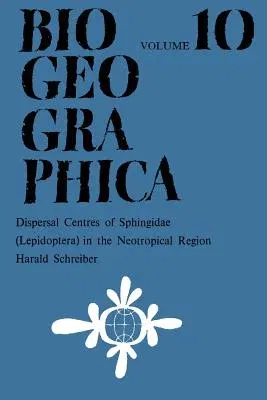H Schreiber
(Author)Dispersal Centres of Sphingidae (Lepidoptera) in the Neotropical Region (Softcover Reprint of the Original 1st 1978)Paperback - Softcover Reprint of the Original 1st 1978, 25 December 2011

Qty
1
Turbo
Ships in 2 - 3 days
In Stock
Free Delivery
Cash on Delivery
15 Days
Free Returns
Secure Checkout
Part of Series
Biogeographica
Print Length
201 pages
Language
English
Publisher
Springer
Date Published
25 Dec 2011
ISBN-10
9400999623
ISBN-13
9789400999626
Description
Product Details
Author:
Book Edition:
Softcover Reprint of the Original 1st 1978
Book Format:
Paperback
Country of Origin:
NL
Date Published:
25 December 2011
Dimensions:
23.39 x
15.6 x
1.12 cm
ISBN-10:
9400999623
ISBN-13:
9789400999626
Language:
English
Location:
Dordrecht
Pages:
201
Publisher:
Series:
Weight:
299.37 gm

